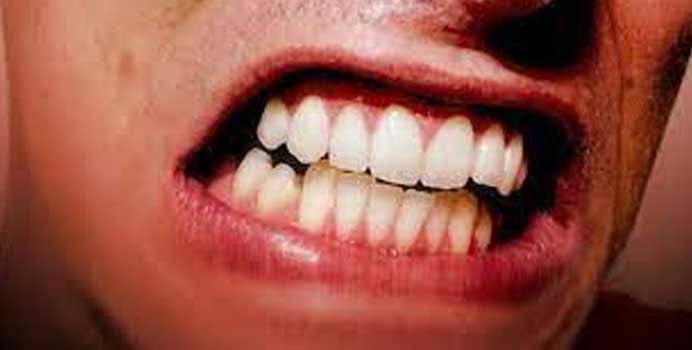
Sleep disorders can be classified into several categories based on their underlying causes or symptoms. Here's a classification of sleep disorders:
Primary Insomnia:
Insomnia not attributed to any underlying medical, psychiatric, or environmental cause.
Insomnia Due to Medical Condition:
Insomnia resulting from a coexisting medical condition.
Insomnia Due to Substance or Medication:
Insomnia caused by use of substances such as drugs, alcohol, or certain medications.
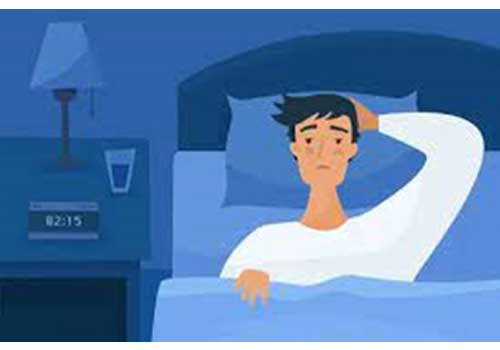
Obstructive Sleep Apnea:
Partial or complete obstruction of the upper airway during sleep, leading to breathing disruptions.
Central Sleep Apnea:
Absence of respiratory effort during sleep due to a lack of appropriate signals from the brain.
Sleep-Related Hypoventilation Disorders:
Abnormally low ventilation during sleep, resulting in increased carbon dioxide levels.
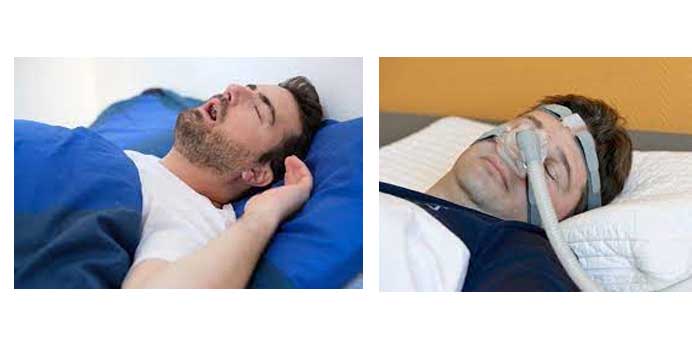
Narcolepsy:
Excessive daytime sleepiness, sudden sleep attacks, and other symptoms such as cataplexy, sleep paralysis, and hallucinations.
Idiopathic Hypersomnia:
Excessive daytime sleepiness without cataplexy or other symptoms of narcolepsy.
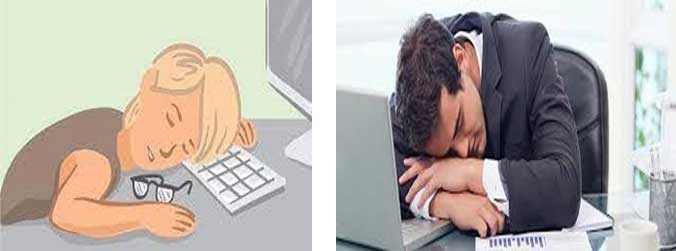
Delayed Sleep-Wake Phase Disorder:
A tendency to have a delayed sleep-wake pattern, going to bed and waking up much later than desired.
Advanced Sleep-Wake Phase Disorder:
A tendency to have an advanced sleep-wake pattern, going to bed and waking up much earlier than desired.
Shift Work Sleep Disorder:
Difficulty adjusting to work schedules that rotate or are outside the typical daytime hours.
Irregular Sleep-Wake Rhythm Disorder:
Lack of a regular sleep-wake pattern, with multiple sleep periods throughout the day and night.

REM Sleep Behavior Disorder:
Acting out dreams during REM sleep due to a loss of normal muscle atonia.
Sleepwalking:
Walking or performing complex behaviours while asleep.
Sleep Terrors:
Episodes of intense fear or dread, often accompanied by screaming or other signs of agitation.
Nightmares:
Disturbing dreams that cause feelings of fear, terror, or anxiety.
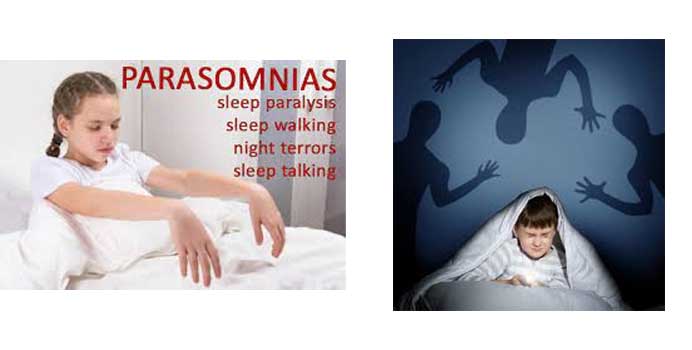
Restless Legs Syndrome (RLS):
Uncomfortable sensations in the legs, leading to an irresistible urge to move.
Periodic Limb Movement Disorder (PLMD):
Repetitive leg movements during sleep, which can cause sleep disruptions.
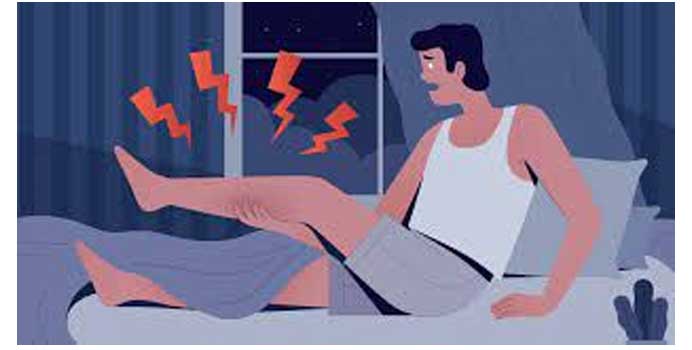
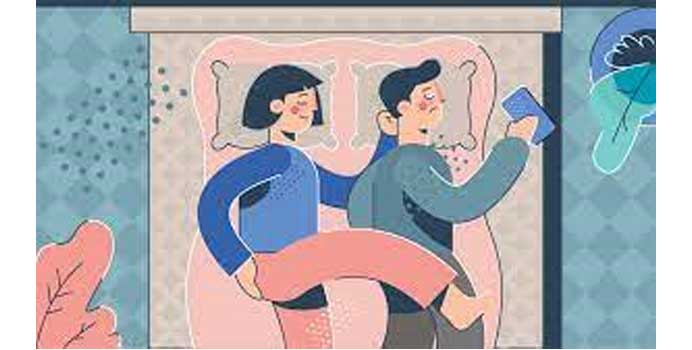
Sleep-Related Eating Disorder:
Consuming food while asleep, often with no memory of the episode.
Bruxism:
Teeth grinding or clenching during sleep.
Hypersomnia Due to a Medical Condition:
Excessive daytime sleepiness caused by an underlying medical condition.
It's important to consult a healthcare professional for an accurate diagnosis and appropriate treatment if you suspect you have a sleep disorder.
